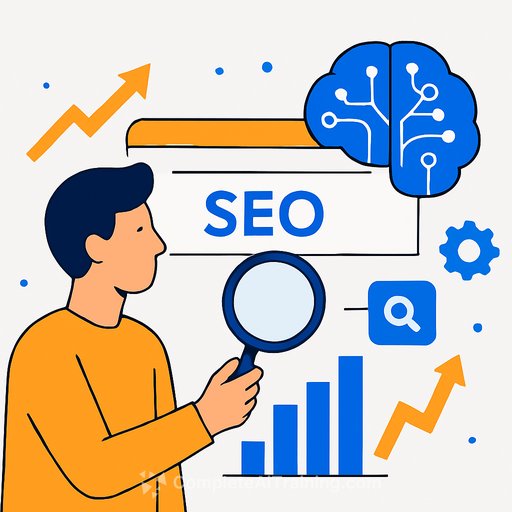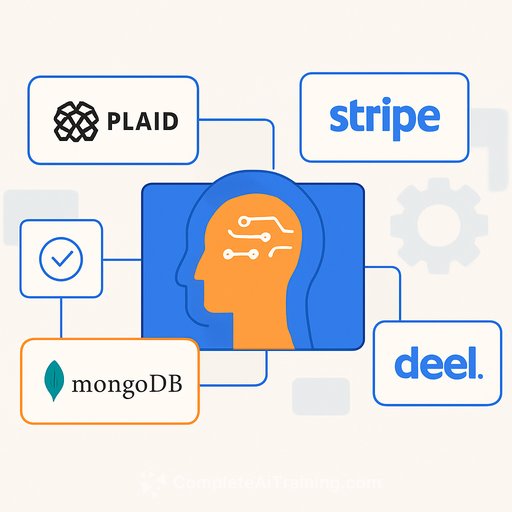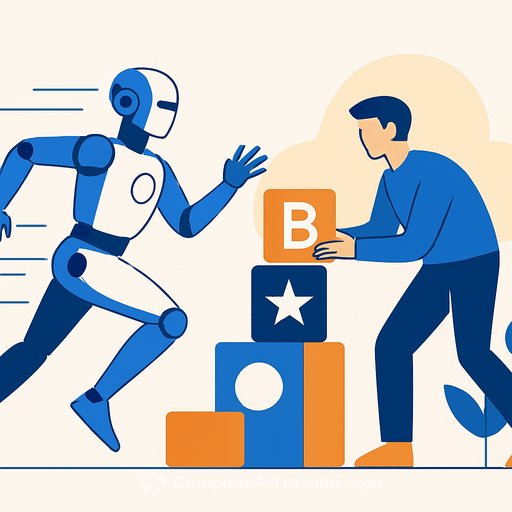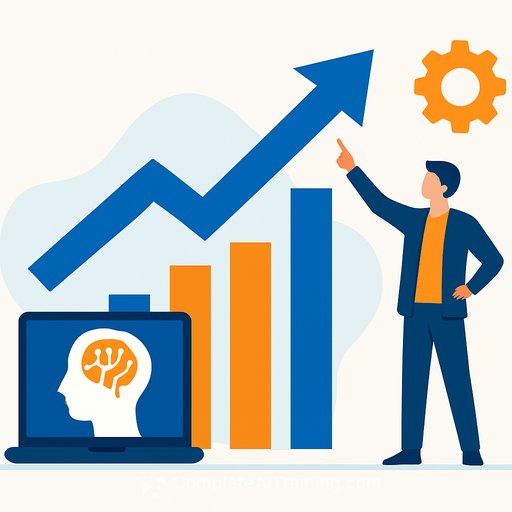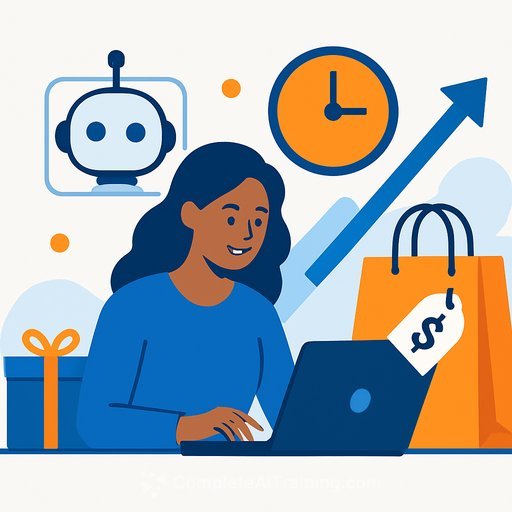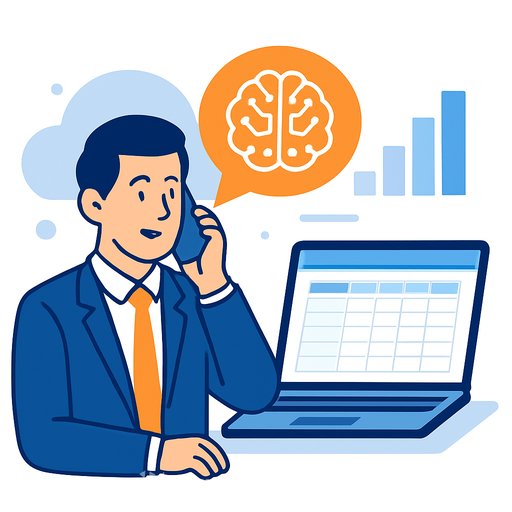Why AI-Powered Relevance Is Replacing Personalization in B2B Marketing
Stop chasing names and start targeting buyers who are ready to buy. AI-powered relevance tools help marketing and sales teams focus content, align efforts, and close deals faster.
Remember when “personalization” was the ultimate goal in B2B marketing? Marketers believed that customizing emails, tailoring content, and segmenting lists would crack the code for qualified leads. They were mistaken. Personalization without relevance creates expensive noise.
New data confirms this. A Gartner sales survey reveals that 61% of B2B buyers prefer to purchase without interacting with a sales rep, and 73% avoid contacts sending irrelevant messages. This makes it critical to distinguish between knowing a prospect’s name and recognizing when they’re ready to buy.
Escaping the Personalization Trap
For years, B2B marketers have been stuck in the personalization trap—focusing heavily on customizing messages without verifying if anyone wants to hear them. Traditional personalization relies on demographic and firmographic data plus basic behavioral triggers like “Hi [First Name], I noticed you work at [Company] in [Industry]…”
The problem? Correlation doesn’t equal causation. Downloading a white paper doesn’t guarantee readiness for a sales call. Visiting a pricing page doesn’t confirm budget allocation. Opening an email doesn’t mean the recipient has buying authority.
This approach created a disconnect: marketing celebrated open and click-through rates, while sales complained about lead quality. The issue is measuring engagement instead of intent, activity instead of readiness, and interest instead of authority.
AI-Powered Relevance
AI shifts the focus from who someone is to what they’re doing. Relevance scoring powered by AI analyzes behavioral patterns, intent signals, and contextual data to assess if a prospect is genuinely ready for a sales conversation.
According to research, 43% of B2B marketers find audience targeting the most effective use of AI. AI can track hundreds of data points simultaneously: website behavior, content consumption, search intent, social media interactions, technographic changes, hiring patterns, and more.
By combining and weighting these signals, AI creates a relevance score that predicts buying readiness much more accurately. For example, AI might detect a prospect researching your category for weeks, their company posting relevant job openings, and consistent engagement with your content during business hours—clear signs of buying intent.
The Streaming Intelligence Model
Think about how Spotify recommends music by analyzing listening behaviors like skips, repeats, and similar users’ preferences. AI sales intelligence platforms work similarly. They use algorithms to build dynamic “prospect playlists” based on crowdsourced data, buying signals, and behavior patterns.
This approach replaces static databases with continuously updated recommendations. Sales teams no longer need to spend time manually researching and qualifying prospects. Instead, they receive a steady flow of sales-ready leads showing genuine buying intent through digital behavior.
Transforming the Marketing-to-Sales Handoff
AI-powered relevance changes how leads move from marketing to sales. Instead of passing along anyone who downloaded content or attended a webinar, marketing can identify prospects with multiple buying signals and true readiness.
Traditional lead scoring often assigns fixed points to activities—like 10 points for a white paper download or 20 points for visiting a pricing page. AI scoring considers the sequence, timing, and context of these actions. A prospect who downloads a comparison guide after browsing pricing and solution pages signals a different level of intent than someone who downloaded a generic ebook.
This leads to better alignment between marketing and sales. Marketing confidently delivers high-quality leads, and sales focuses on conversations with higher chances of closing. Feedback from sales can then improve marketing strategies, refining future lead quality.
The Future of B2B Sales and Marketing Alignment
Expect more precise predictive analytics and nuanced intent signal detection soon. Marketing and sales systems will integrate more smoothly to support this shift from personalization to relevance.
Adopting AI-powered relevance requires new processes and mindsets, but the benefits for B2B teams include higher-quality leads, shorter sales cycles, better collaboration between teams, and more predictable revenue growth.
To learn more about leveraging AI in marketing and sales, check out resources and courses at Complete AI Training.
Your membership also unlocks:



